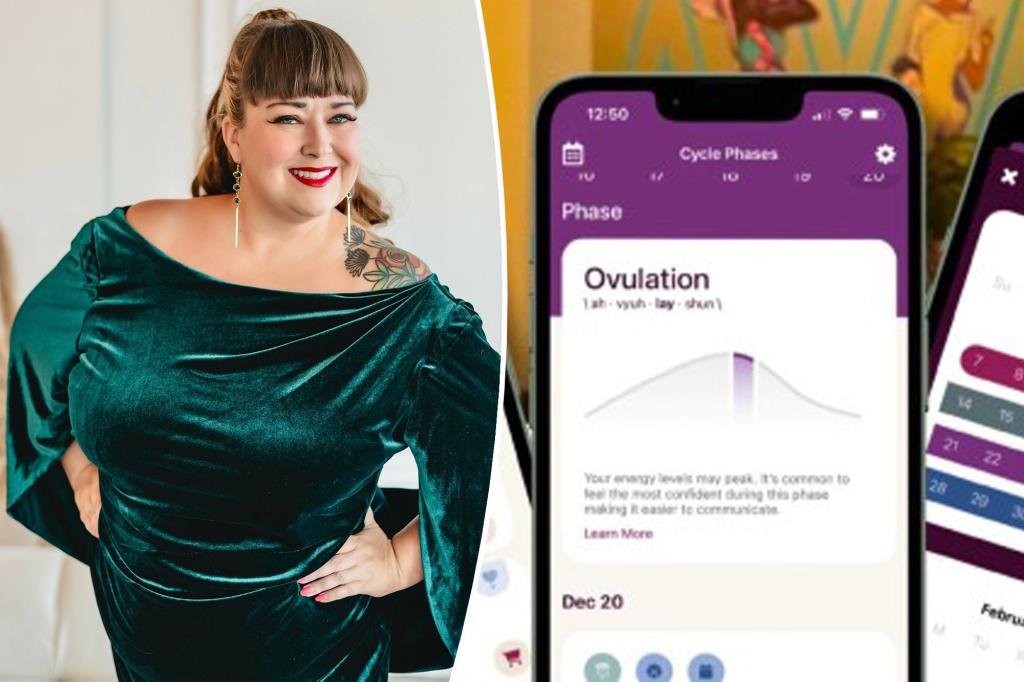The Menopause Awakening: How “The Change” is Reshaping Marriage and Divorce
In recent years, a fascinating phenomenon has emerged in the landscape of marriage and divorce: while overall divorce rates have been declining, they continue to climb steadily among adults aged 50 and older. This trend coincides with a time when many women are experiencing menopause, leading to what some now call the “menodivorce.” This intersection of hormonal changes and major life transitions is prompting many women to reassess their marriages, sometimes concluding that relationships that once seemed tolerable are no longer worth maintaining. For some women, menopause becomes a time of clarity and self-discovery, leading to improved relationships as they seek comfort in friendships and work with partners to understand their changing bodies. For others, however, this biological transition serves as a catalyst for ending marriages that no longer serve their evolving needs and perspectives.
Melissa McClure, a 44-year-old photographer who divorced her husband after 14 years of marriage, exemplifies this experience. As she entered perimenopause, she began experiencing hot flashes and sleep disturbances while simultaneously becoming increasingly bothered by her husband’s negative attitude. She found herself feeling unappreciated for her roles as wife and stepmother, and perimenopause seemed to sharpen this awareness. When her husband suggested she might be having a midlife crisis, McClure had a powerful realization: “It wasn’t a midlife crisis but an awakening,” she explained. “I’m wide awake to the possibility of what my life can be, and it doesn’t include you.” Three years after ending her marriage, McClure reports being happier than ever before, free from a relationship that no longer aligned with her authentic self. Her experience reflects a common sentiment among women at this life stage: “We spend our entire adult lives taking care of our husbands or partners and children. We give so much of ourselves to other people as nurturers that we lose ourselves in the process.”
This pattern is becoming increasingly familiar to healthcare providers who work with women in midlife. Dr. Sameena Rahman, an OB-GYN specializing in menopause in Chicago, hears similar stories “from patients every week.” These women often still love their partners but find themselves unable to tolerate behaviors or imbalances they previously accepted without question. The biological changes of perimenopause and menopause—which can include decreased sex drive, sleep disturbances, hot flashes, and mood changes—often coincide with significant life transitions: children leaving home, aging parents requiring care, and careers reaching their peak. This perfect storm of biological, psychological, and social change creates a context in which many women find themselves reconsidering fundamental aspects of their lives, including their marriages. A survey by the Family Law Menopause Project and Newsom Health Research and Education found that seven in ten women attributed the end of their marriage to perimenopause or menopause. This timing aligns with broader demographic trends: by 2019, nearly one in four divorces in the U.S. involved people over 50, compared to just one in ten in 1990.
The relationship between menopause and marital dissatisfaction is complex and often misunderstood. Mandi Dixon, a therapist specializing in midlife women’s issues, explains that hormonal changes can strip away the biological buffers that previously helped women accommodate others’ needs: “Our hormones give us this protection to accommodate other people. When those start shifting, there is a lot of built-up resentment. Women have been busy taking care of everyone, and now they have to take care of themselves.” Unfortunately, these legitimate concerns are sometimes dismissed by male partners who attribute their wives’ changing perspectives to irrationality or emotional instability. Alyx Coble-Frake, founder of The Agenda, counters this narrative, arguing that women aren’t becoming “crazy” during perimenopause—they’re gaining clarity. This newfound clarity often reveals relationship dynamics that have been problematic all along but were previously tolerated or overlooked in the interest of maintaining family harmony or fulfilling societal expectations.
The “menodivorce” trend doesn’t necessarily indicate that menopause itself causes divorce, but rather that this life transition often serves as a turning point that brings long-standing relationship issues into sharper focus. For many women, the combination of hormonal shifts, reduced family responsibilities as children leave home, and a growing awareness of their own mortality creates a powerful impetus to reassess what they want from the remaining decades of their lives. This reassessment frequently leads to the conclusion that continuing in an unsatisfying marriage is simply too high a price to pay. However, it’s worth noting that not all marriages facing the challenges of menopause end in divorce. Those relationships characterized by mutual support, effective communication, and willingness to adapt often emerge from this transition stronger and more resilient than before.
For couples navigating this challenging life phase, experts suggest several strategies that may help preserve the relationship. Open communication about the physical and emotional effects of menopause is essential, as is seeking appropriate medical support. Dixon notes that obtaining help for menopause symptoms can sometimes prompt conversations that enable partners to provide better support. The UK survey from the Family Law Menopause Project found that many women believed their marriages might have survived if they had received adequate support or treatment for menopause. Healthcare professionals recommend that women talk to medical providers about options such as hormone therapy and invite partners to appointments to help them understand the changes occurring. McClure also emphasizes the importance of talking with friends or therapists during this time. With proper support, education, and mutual understanding, many couples can successfully navigate the challenges of menopause together, using this transition as an opportunity to build a stronger, more authentic relationship rather than as a reason to end it.















